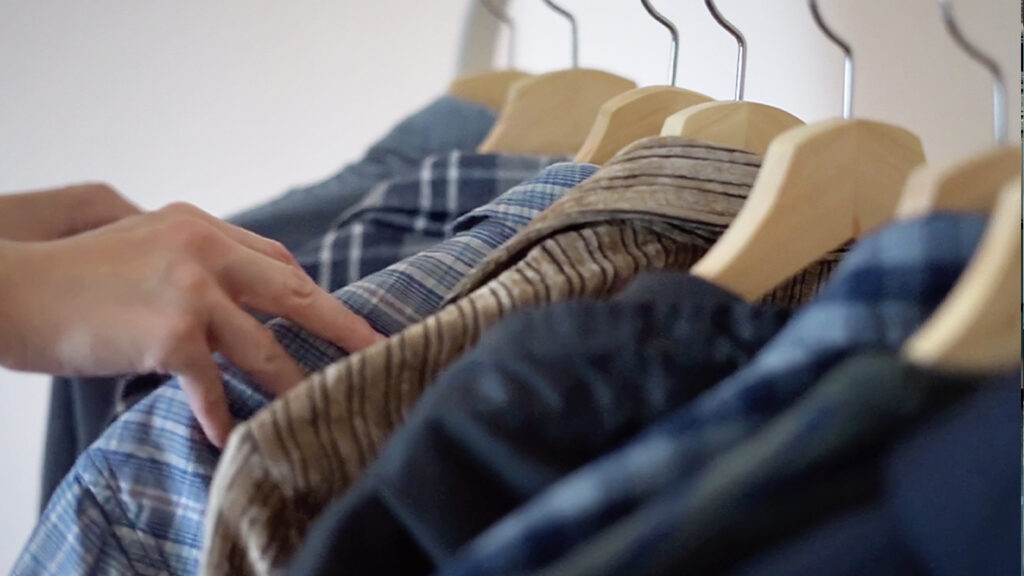Renting everyday clothing might not be top of mind for fashionistas, but it can be an affordable alternative for eco-conscious consumers.
Gen-Z has a reputation for being the most environmentally-woke generation, and yet despite cost-of-living increases, their obsession with fast fashion has not tempered. And while some take stock of how and where their hard-earned dollars are spent, it makes them more likely to entertain alternate options to maintain a fashion-forward wardrobe.
 Anjee Solanki
Anjee Solanki
“One business model that has seen the most traction is clothing rental. Rental services offer a wide variety of clothing, so you can always find something that fits your style and needs.”
One business model that has seen the most traction is clothing rental. Rental services offer a wide variety of clothing, so you can always find something that fits your style and needs. Luxury retailer Rent the Runway, one of the more popular services, offers a one-time rental to access the brand’s designer closet for special events. RTR also has a monthly membership option that includes casual wear inventory.
Tuliere and My Social Closet are examples of peer-to-peer clothing rental services that allow shoppers to exchange everyday clothing styles. Both brands allow young consumers to try out new fashion trends, doubling the size of their closets while positively contributing to the circular economy. Tuliere is a closet-sharing community with a companion peer-to-peer clothing rental app. Members praise the fashion exchange platform for extending the life cycle of owned clothing while borrowing beautiful pieces from their peers. Part of Columbia University’s Startup Lab, new venture My Social Closet, introduces folks with an abundance of clothing to community members hoping to avoid the blight of having nothing to wear by accessing its fashion rental marketplace.
Not all peer-to-peer fashion communities are for profit. Nuw, a UK-based app, pre-loved clothing as the currency to promote sustainability awareness to its college and university loyalists. Facilitated through ambassador-hosted events, items borrowed or swapped offset 25% of the resources that would have been used to produce a new item. There’s something for everyone, even the wanderlust fashionista. This summer Sumitomo Limited partnered with Japan Airlines on their Any Wear, Anywhere initiative that provides visitors to Japan with the convenience of clothing rental for the duration of their visit. The year-long project intends to encourage consumers to travel light to reduce carbon emissions by reducing the weight of JAL’s aircraft.
There are many reasons why consumers seek out alternate options to their love affair with retail therapy. In the case of borrowed and rental clothing services, it’s a win-win situation that allows consumers to expand their wardrobe with an eco-conscious mindset. We should all consider testing out these alternatives, and if you have, share your story with us.




